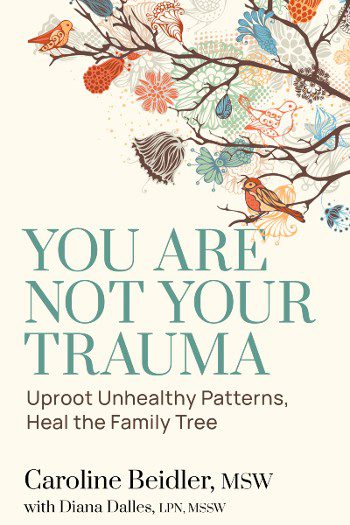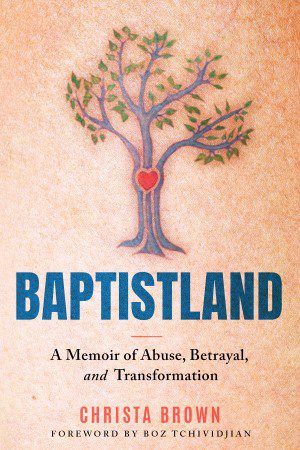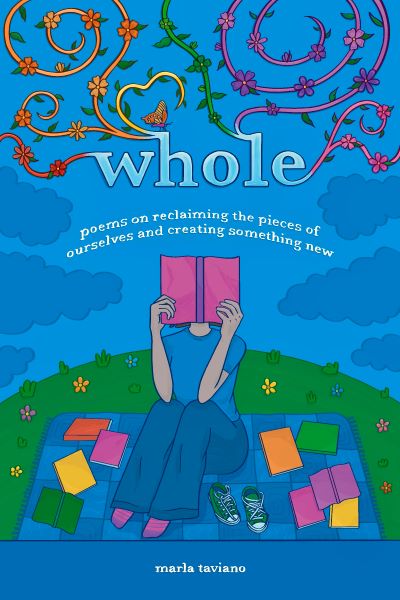I often hear this from authors: “Back in the day, an author didn’t need a platform.” Authors, I’m here to tell you that you are right.
That said, a book “back in the day” still had a platform. Maybe you just didn’t realize it, but it was the publisher’s platform.
One of the things that we try to focus on as a publisher is to help authors with their platforms. We try to make it a tangible feature of working with Lake Drive Books. Most publishers only go so far in helping an author organically build their platform, and instead put most of their time and expertise into marketing tactics around the launch of the book. The problem, however, is that these days the most effective tactics around launching a book often begin with the author’s platform. It includes all of the following: website, social media, email list, speaking, network, endorsers, past publishing and writing, etc.
So one of the first things that happens with a Lake Drive Books author after signing a contract is to schedule meetings around a conversation on their platform. We don’t get into deeply technical or sophisticated aspects like SEO or social media ads. We simply start with the author’s current setup and help them take achievable next steps.
Often, platforming work seems hard and maybe a little “selfie” centered. But what you’ll find out about all the work is that it’s about becoming part of a community, or even building a community of your own. But it indeed can be overwhelming. And sometimes seems at cross purposes with creating good writing.
Let’s look a little more at why author platforms are so important, and maybe even an interesting new way to do things.
The way book publishing used to work is that book publishers had exclusive access to thousands of bookstores across the country, and these bookstores had access to book-buying customers populating all the stores. To buy a book, you couldn’t simply go on an electronic, internet-connected device, complete a series of easy actions, and in a day or two your book would conveniently be at your doorstep. Instead, you had to go to a bookstore, sometimes you even had to order a book if they didn’t have it.
Now here’s the important point about publishers having had the platform: publishers used to have exclusive access to bookstores, which in turn had sole access to book consumers.
What this means is that the bookstores were the publisher’s primary source of marketing. It wasn’t the ads in magazines, the awesome reviews, the radio or television, or even the speaking events. Those things all matter, though in a different form today, and perhaps less so than you think. The appeal of publicity is only the added options on a car where the engine that worked the hardest to drive awareness of books was the bookstores. In a bookstore, you’d find marketing tactics like face-out shelving, special displays, ads, events, and book signings. In other words, it was the bookstores, where the consumers showed up, that accounted for most of the marketing. It was almost by default, which is why sometimes you might not think about them as the primary platform.
In the past, here’s what happened: If a publisher chose you to be one of their authors, it meant you now had a platform.
It felt like a big deal and still does today. Though be careful. The problem today is that bookstores are dramatically non-existent compared to 25 years ago, and those that are left account for a far smaller percentage of sales than anyone in publishing wants to tell you. From my past experience as a publisher of a major HarperCollins publishing imprint with a large, multimillion-dollar annual revenue plan, I saw where the revenue came from, and it wasn’t bookstores.
Today, publishers don’t have that built-in platform, so what do they do? They do their best to actualize sales on Amazon, and they are happy to sell you on their sophistication with that, but what they really do is look to the author’s platform. That’s the engine of book marketing today.
Again, as a publisher at a large house, one of the first things I did was look at an author’s Instagram following. Yep, that was a priority, then maybe next it was the size of an author’s email list. Outside of the idea and the writing, that’s what decision-making comes down to for many of the large publishers today, especially if their author’s content is more platform-driven, like, uh, religious publishing.
If as an author you’re feeling daunted by the idea of building out an online identity and network, you’re not alone.
In fact, because you’re not alone means there are other authors out there trying to do the same thing. The fact that there are so many aspiring or new authors out there tells you something. Start there. Find other authors like yourself. Follow, like, and share their posts on social media. These authors, like you, are thought leaders, power readers, and book consumers, and they will support you as you support them. This is an example of networking and community building. This micro-networking process is one way in which authors today start building a platform.
By way of conclusion, here’s another thought. Publishers can no longer act as gatekeepers. Publishers are still valuable for good editing and curating of ideas, they are still good for knowing how to title a book and design its cover. They still have money to pay advances (if you can get it), and expert access to the publishing and printing process and the key channels of distribution. But what they don’t have is access to consumers like you do. They don’t have the same way to get to readers anymore, and they will turn time and again to you the author to find that access.
Since authors own the access, that means the power has shifted quite significantly to them, even if they don’t have the financial capital or the tools to reach readers. Or do they? If you can find and organically build a community online, then you can indeed bypass the gatekeepers. By the way, this power shift has enormous implications for people who have been marginalized by the large publishing machine of mass culture. You know who you are. It also has implications for how publishers pay authors.
I didn’t write this article to browbeat authors into selling out to the often frenetic and narcissistic world of online media. Instead, I want authors to know that more than ever, they can find real goodness in a digital society, and they can actualize more power and opportunity. It just might not be on the massive scale that large, established publishers could wield; instead, it’s a more authentic scale.
So if you as an author have power in your relationships, you can make progress, and notice this: it can be fun. You now have direct access to your readers, whereas before they were mediated by publishers and bookstores. Build a website and watch how many heartfelt reader letters you get. Establish content on social media (especially quotes and sayings, along with the selfies), and enjoy the comments and encouragement you’ll find. Get on some small podcasts, and see how much the hosts appreciate you and become your advocates.
There’s a new way of doing things.






